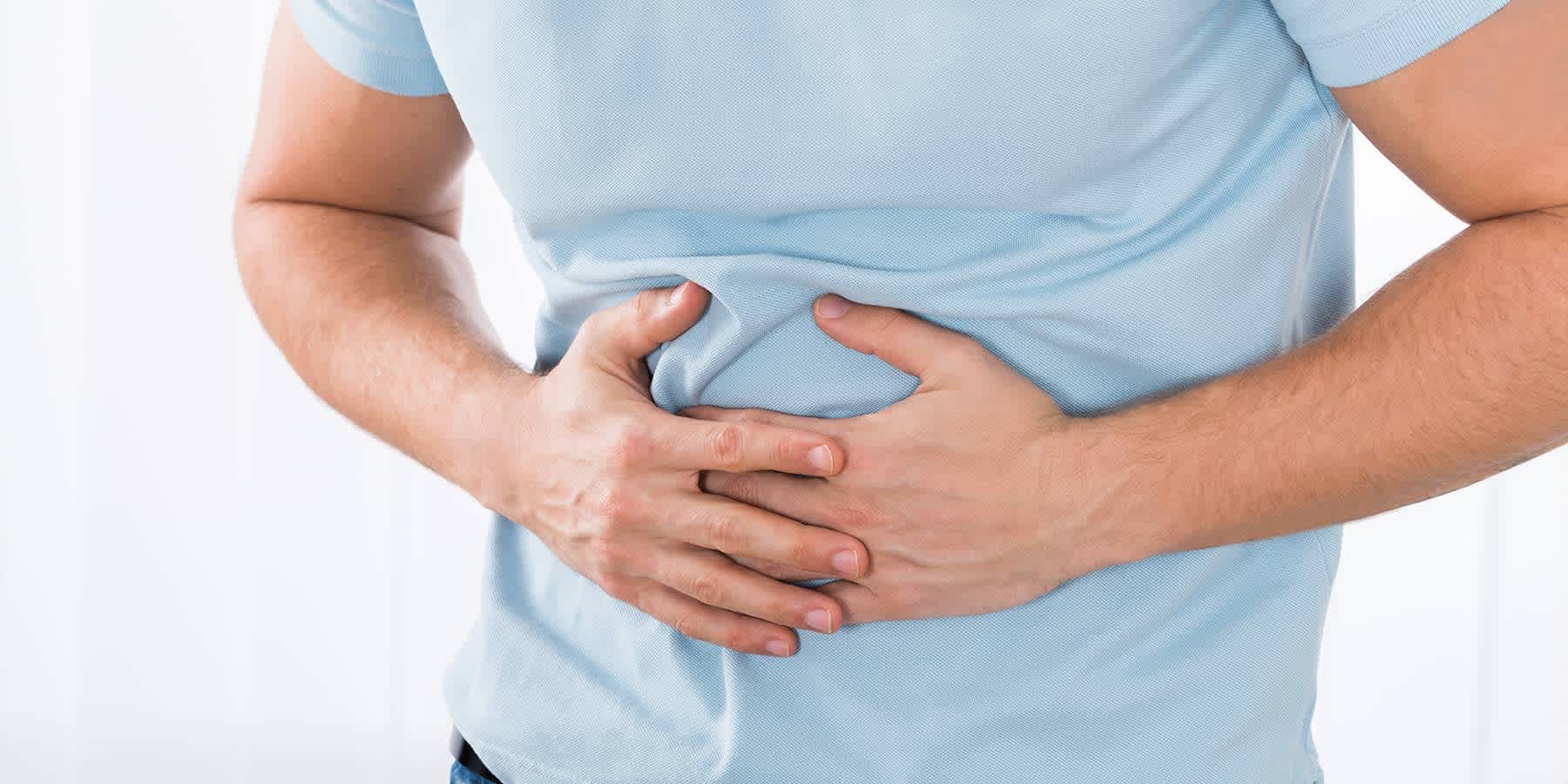Recognizing the Difference In Between Bloating and Fat: an Essential Overview for Digestive Health
Understanding the difference between bloating and excess body fat is important for any individual worried with gastrointestinal health and wellness. While bloating presents as a temporary and typically awkward condition, commonly linked to nutritional routines or gastrointestinal disruptions, body fat represents a more long-term change in one's figure.
Defining Bloating and Fat
Bloating and fat are 2 distinct physiological phenomena that can significantly impact a person's convenience and body picture. Bloating refers to the temporary swelling or distension of the abdominal area, typically come with by discomfort or a sensation of fullness. This problem might arise from different aspects, including dietary options, digestion issues, or fluid retention. Bloating is normally a short-term incident and can vary throughout the day, commonly solving with lifestyle changes or clinical interventions.
On the other hand, body fat is a much more long-term and steady element of human physiology, mainly offering as a power get and playing essential duties in hormone regulation and insulation. Body fat is identified right into two types: subcutaneous fat, which exists simply below the skin, and visceral fat, which borders interior body organs. While excess body fat can result in health and wellness difficulties, it is necessary for overall bodily functions.

Sources Of Bloating

Furthermore, food intolerances, such as lactose or gluten intolerance, can result in bloating when the body has a hard time to refine particular substances - fat vs bloating. Eating also promptly or taking in carbonated beverages can additionally intensify the issue, as these habits introduce excess air into the digestive system tract
Way of living elements, including stress and lack of exercise, can additionally add to bloating by influencing digestive tract motility. Certain medical problems, such as short-tempered bowel disorder (IBS) or stomach blockage, may also lead to persistent bloating. Understanding these causes is vital for effectively taking care of and relieving bloating, allowing individuals to make informed dietary and way of life choices that support their digestion health and wellness.
Signs of Bloating vs. Fat
Identifying between the signs of bloating and excess fat is vital for recognizing one's body and attending to discomfort efficiently. Bloating normally presents as a feeling of fullness or see this website stress in the abdominal area, usually come with by noticeable distension. People may experience discomfort, cramping, or also pain, specifically after meals. Bloating can additionally cause extreme gas, resulting in burping or you can try this out windiness.
While it might contribute to a sense of thickness, it usually does not create the intense pain connected with bloating. Rather, excess fat tends to build up progressively, leading to an adjustment in body shape and dimension over time.

Recognizing these differences is essential. While bloating is typically momentary and linked to nutritional elements or digestion problems, excess fat indicates an extra persistent problem requiring way of life modifications. Understanding these signs and symptoms encourages individuals to seek ideal options tailored to their certain issues relating to digestive health and wellness and body composition.
Managing Bloating
Reliable management of bloating requires a multifaceted method that addresses both nutritional choices and way of life behaviors. It is necessary to identify and get rid of specific foods that may set off bloating, such as those high in fiber, gluten, lactose, or specific fermentable carbs (FODMAPs) Maintaining a food diary can help determine these triggers and guide changes.
Integrating smaller sized, a lot more frequent dishes as opposed to huge ones can likewise lessen bloating, as it reduces the explanation digestive procedure (fat vs bloating). Staying well-hydrated is crucial, as adequate liquid intake help food digestion and helps protect against irregular bowel movements, which can add to bloating
Additionally, taking part in routine exercise advertises intestinal mobility and minimizes bloating. Simple exercises, such as strolling or yoga exercise, can properly reduce pain. Mindful eating practices, such as consuming slowly and chewing food extensively, might even more boost digestion and restriction air swallowing.
When to Look For Aid
Recognizing when to look for medical assistance for bloating is critical, as persistent or extreme symptoms may show a hidden health issue. If bloating is come with by added concerning signs and symptoms such as considerable abdominal pain, unusual weight-loss, anal blood loss, or continuous queasiness and throwing up, it is critical to seek advice from a health care expert. These indicators may suggest problems such as short-tempered digestive tract disorder, stomach obstruction, and even more serious concerns like cancer.
Furthermore, if bloating lingers despite nutritional changes or non-prescription remedies, it necessitates further investigation. People with a background of gastrointestinal conditions must be especially attentive, as their threat for complications might be higher. Additionally, if bloating occurs following the usage of specific foods, it may indicate food intolerances or allergic reactions that require dietary changes or screening.
Verdict
In recap, distinguishing between bloating and excess body fat is important for digestive system wellness and general wellness. Bloating, a short-term problem commonly connected to dietary elements and digestive system issues, contrasts dramatically with the stable accumulation of body fat.